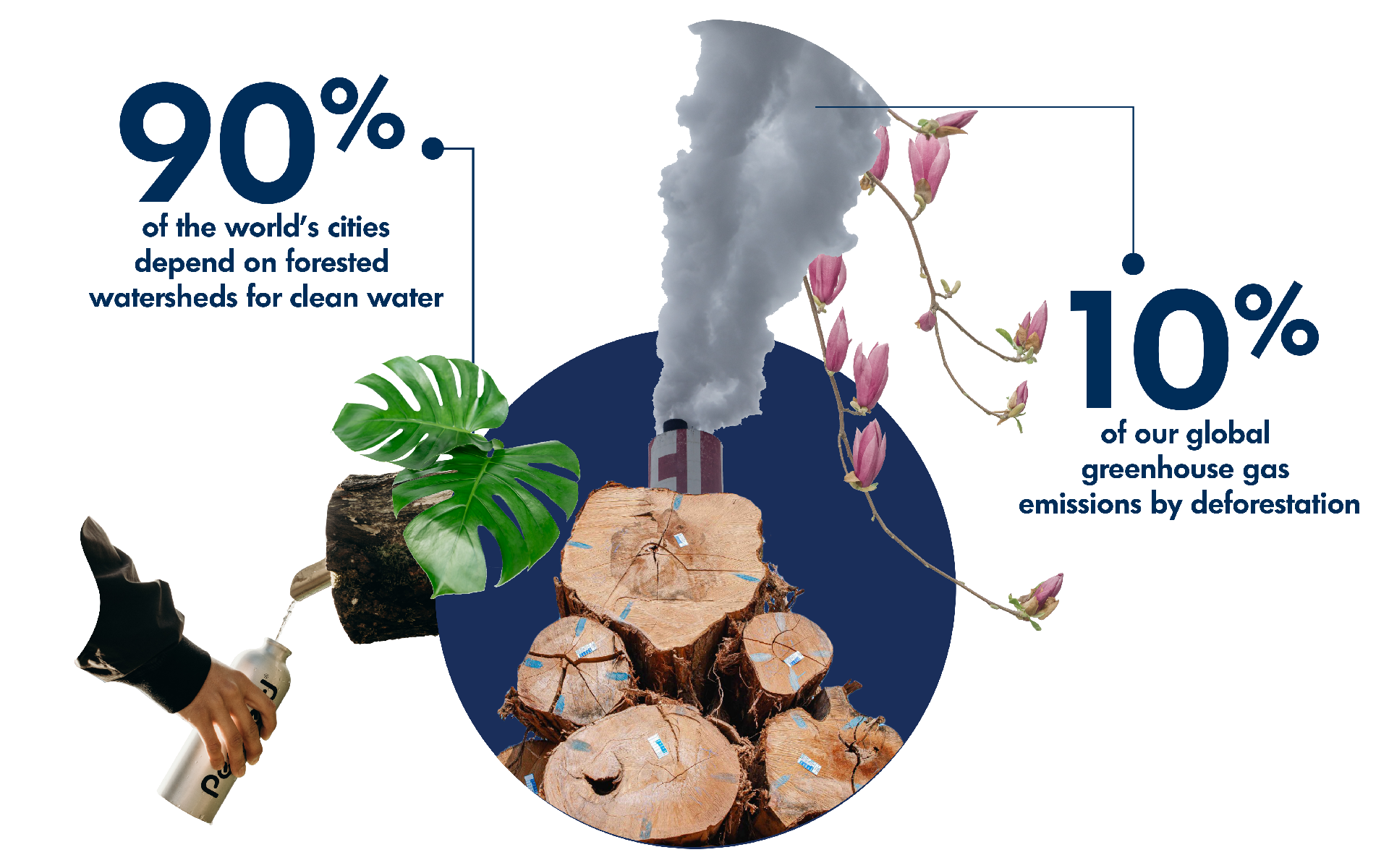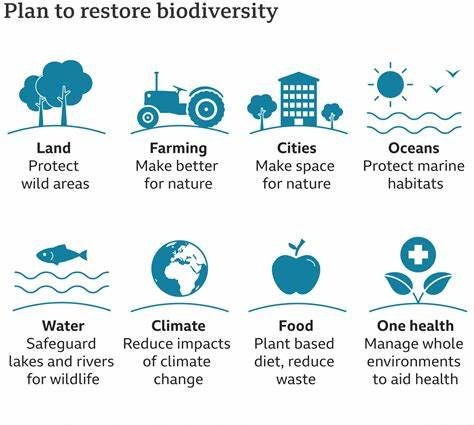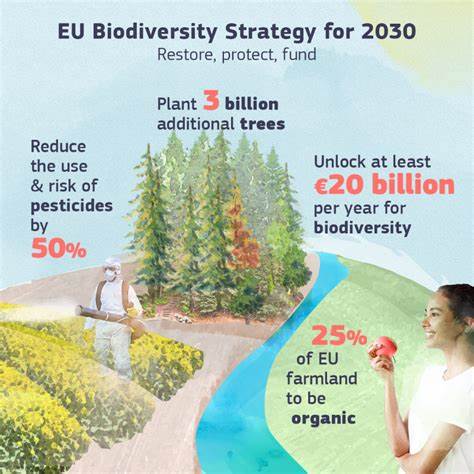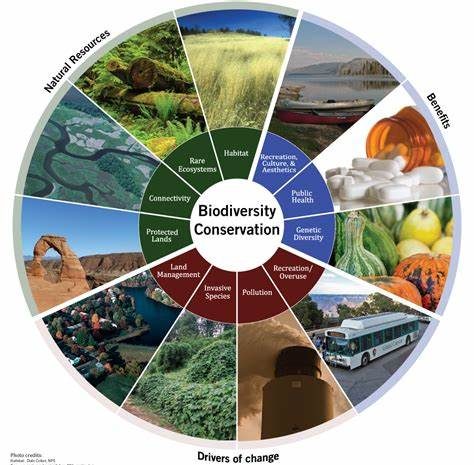
The Significance of Biodiversity Conservation and Biofuels’ Contribution
Introduction
Conservation of biodiversity is crucial for the long-term health and sustainability of our planet. Biodiversity encompasses the variety of life forms found in different ecosystems, including plants, animals, and microorganisms. It plays a vital role in maintaining ecosystem stability, providing various ecosystem services, and supporting human well-being. In recent years, biofuels have emerged as a potential solution to mitigate climate change and reduce reliance on fossil fuels. This article explores the contribution of biofuels to biodiversity conservation and highlights their importance in addressing global environmental challenges.
Historical Background
Biofuels have a rich history dating back to ancient times when civilizations used plant-based materials as sources of energy. However, the modern development and commercialization of biofuels began in the 1970s as a response to the global oil crisis. Since then, biofuel production has steadily increased due to concerns over climate change and the finite nature of fossil fuel reserves. Simultaneously, biodiversity conservation has gained recognition as a global concern, leading to international agreements and initiatives aimed at protecting and sustainably managing Earth’s biological resources.
Key Concepts and Definitions
Biofuels are renewable fuels made from organic materials, such as crops, agricultural residues, and algae. They can be classified into various types, including ethanol and biodiesel, each with its unique production process and characteristics. Biodiversity, on the other hand, refers to the variety of life forms and ecosystems present on Earth. It is crucial for maintaining ecosystem health, as it ensures the provision of essential services like pollination, nutrient cycling, and water purification. Biodiversity conservation encompasses efforts to protect and sustainably manage these biological resources, aiming to maintain ecosystem stability and support human well-being.

Main Discussion Points
Point: Contribution of biofuels to biodiversity conservation
Biofuels have the potential to significantly contribute to biodiversity conservation in several ways. Firstly, their production and use can help reduce greenhouse gas emissions, mitigating the impacts of climate change on biodiversity. By replacing fossil fuels, biofuels can reduce carbon dioxide emissions, thereby slowing down the rate of global warming and its associated ecological disruptions. Additionally, biofuels offer a sustainable alternative to fossil fuels, reducing reliance on non-renewable resources and promoting a transition towards cleaner and more environmentally friendly energy sources. Furthermore, biofuel production can support the restoration and preservation of natural habitats, providing additional opportunities for biodiversity conservation.
Point: Impacts of biofuel production on biodiversity
While biofuels offer potential benefits, their production can also have negative impacts on biodiversity. The expansion of biofuel crops often requires the conversion of natural habitats, leading to land-use change and habitat destruction. This can result in the loss of biodiversity-rich areas and the displacement of native species. To minimize these negative effects, sustainable practices must be employed throughout the biofuel production process. This includes implementing measures to protect and restore ecosystems affected by biofuel cultivation and ensuring that production methods prioritize biodiversity conservation.
Point: Synergies between biofuel production and biodiversity conservation
Despite the potential negative impacts, there are opportunities for synergies between biofuel production and biodiversity conservation. Successful integration of biofuel crops and biodiversity conservation practices has been demonstrated in various case studies. These examples highlight the potential for biofuel crops to provide ecosystem services, such as habitat provision and water purification, while simultaneously supporting agricultural productivity. Moreover, the concept of bioenergy landscapes has emerged, emphasizing the integration of biofuel production with biodiversity conservation efforts to create multifunctional landscapes that benefit both energy production and ecological sustainability.

Case Studies or Examples
Real-world examples of biofuel projects contributing to biodiversity conservation showcase the potential of this synergy. The Borneo Biofuel Project in Malaysia, for instance, has successfully integrated palm oil plantations with wildlife corridors and buffer zones, promoting the coexistence of biofuel production and biodiversity conservation. Similarly, the Jatropha-based biofuel program in India has demonstrated the potential for biofuel crops to enhance soil fertility and support the growth of native vegetation, enhancing overall biodiversity in agricultural landscapes. These case studies provide valuable insights into the challenges faced and lessons learned in implementing biofuel projects that prioritize biodiversity conservation.
Current Trends or Developments
Recent research has shed light on the impacts of biofuels on biodiversity conservation. Studies have highlighted the importance of sustainable practices, such as agroforestry and precision agriculture, in minimizing the negative effects of biofuel production on ecosystems. Additionally, advancements in technology, such as the use of genetically modified crops for biofuel production, offer potential opportunities to enhance the positive contribution of biofuels to biodiversity conservation. Ongoing research and development in this field continue to explore innovative solutions for sustainable biofuel production that prioritize the protection of biodiversity.
Challenges or Controversies
The use of biofuels is not without controversies, particularly regarding their potential negative effects on biodiversity. Critics argue that the expansion of biofuel crops can lead to deforestation and the destruction of ecosystems, particularly in areas with high biodiversity value. Additionally, concerns have been raised about the indirect land-use change caused by biofuel production, as shifts in agricultural practices may lead to the conversion of natural habitats elsewhere. Meeting the growing demand for biofuels while ensuring sustainable production practices that prioritize biodiversity conservation presents a significant challenge.

Future Outlook
Looking ahead, the future of biofuels’ contribution to biodiversity conservation holds promise. Advancements in biofuel technologies and practices, such as the use of algae as a feedstock and the development of second-generation biofuels, offer potential solutions to enhance the positive impact of biofuels on biodiversity. Furthermore, increased collaboration between the biofuel and biodiversity conservation sectors can drive innovation and foster synergistic approaches that prioritize both environmental sustainability and energy production.
Conclusion
In conclusion, biofuels have the potential to make a significant contribution to biodiversity conservation. By reducing greenhouse gas emissions, promoting sustainable energy alternatives, and supporting habitat restoration, biofuels offer opportunities for synergies with biodiversity conservation efforts. However, challenges and controversies regarding their production and potential negative effects on biodiversity must be addressed. Continued research, technological advancements, and collaboration between stakeholders are necessary to harness the full potential of biofuels in protecting and conserving Earth’s precious biodiversity.
References
Smith, P., et al. (2016). Biophysical and economic limits to negative CO2 emissions. Nature Climate Change, 6(1), 42-50.
Fitzherbert, E. B., et al. (2008). How will oil palm expansion affect biodiversity? Trends in Ecology & Evolution, 23(10), 538-545.
Fargione, J., et al. (2008). Land clearing and the biofuel carbon debt. Science, 319(5867), 1235-1238.
Searchinger, T., et al. (2008). Use of U.S. croplands for biofuels increases greenhouse gases through emissions from land-use change. Science, 319(5867), 1238-1240.
Bioenergy and Biodiversity: Challenges and Opportunities. (2018). International Union for Conservation of Nature.
Biodiversity and Biofuels: Benefits, Risks, and Opportunities for Decision-Makers. (2019). United Nations Environment Programme.
Biodiesel and Sustainability: Bridging the Gaps. (2020). World Wildlife Fund.




